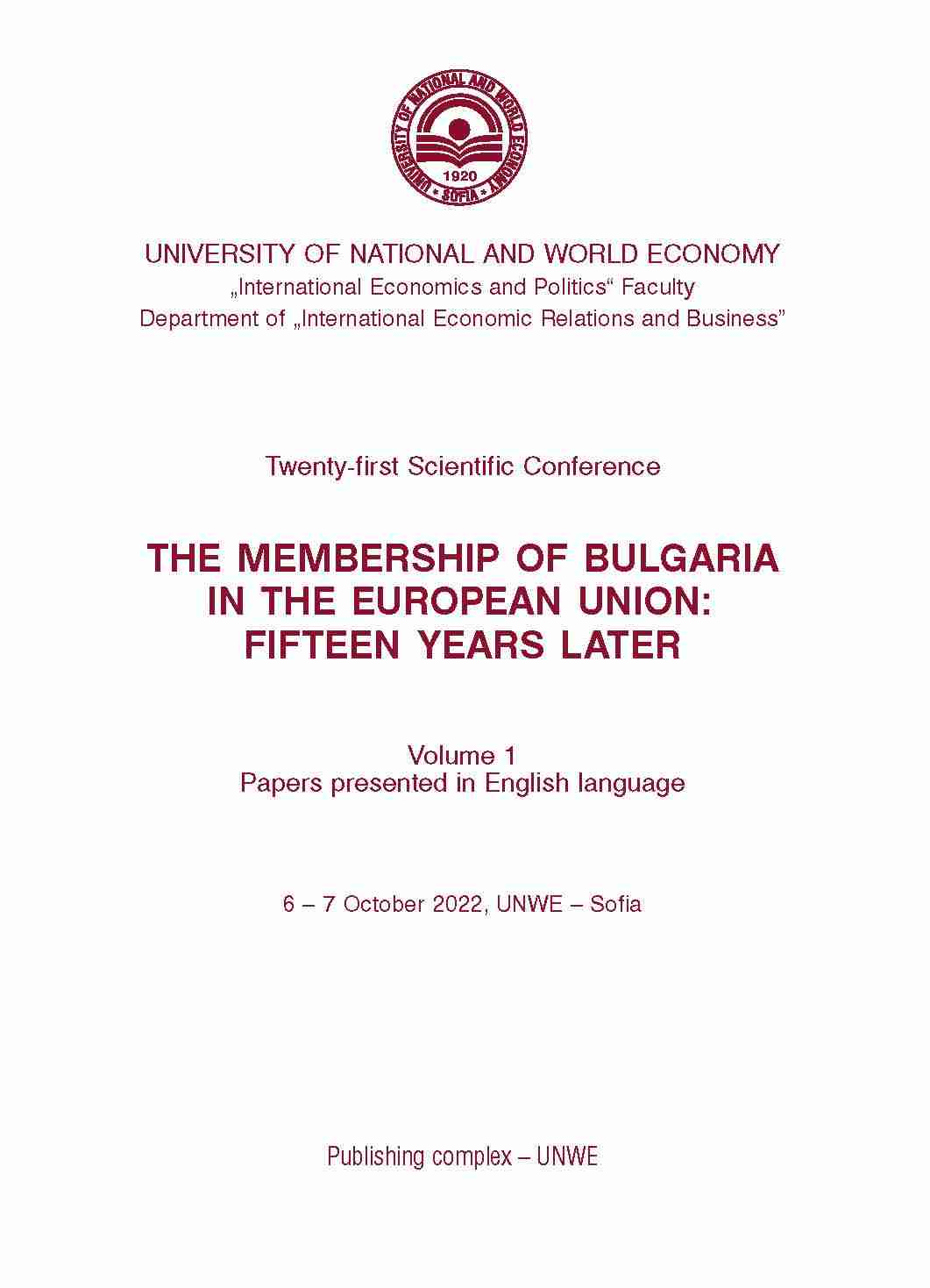The European Labour Market in the Technological Era
The European Labour Market in the Technological Era
Author(s): Tsvetina Tsakova
Subject(s): Politics / Political Sciences, Politics, Economy, Labor relations, Human Resources in Economy, ICT Information and Communications Technologies
Published by: Университет за национално и световно стопанство (УНСС)
Keywords: digitalization; ecological technology; green transformation; innovation; science; education; structural transformation
Summary/Abstract: The global climatic changes and the reindustrialization of the European economy in the technological XXI century construct a cause-effect chain which starts and ends with education and science: digitalization and robotization – structural economic reforms -imbalance in the labour market – professional qualification and competence – transfer of science and innovations in the applied economy – lifelong learning. The ambitious aim of the ecologically-oriented European Union is to achieve a carbonneutral economy by the year 2050. In the process of Green and Digital Transformation innovative industrial productions will be opened with the integration of digital and ecological technologies. The segments of the labour market change. The professional realization in the education, science and information and communication technologies increases, and the one in the industrial and agricultural decreases. The deficit of engineering human capital (educated and competent workforce) reaches record levels on the labour market. The focus of the study is on the education and science in the context of the Green and Digital Transformation of the European Economy. The long term aim of the research is the sustainable professional balance on the labour market. The topic concerning the European labour market is developed on the base of the modern multidisciplinary method of scientific research. The educational policies in the Victorian industrialization of the economy and the analogous present day reindustrialization are compared in the analysis and interpretation of the results of the study.
- Page Range: 240-251
- Page Count: 12
- Publication Year: 2023
- Language: English
- Content File-PDF

